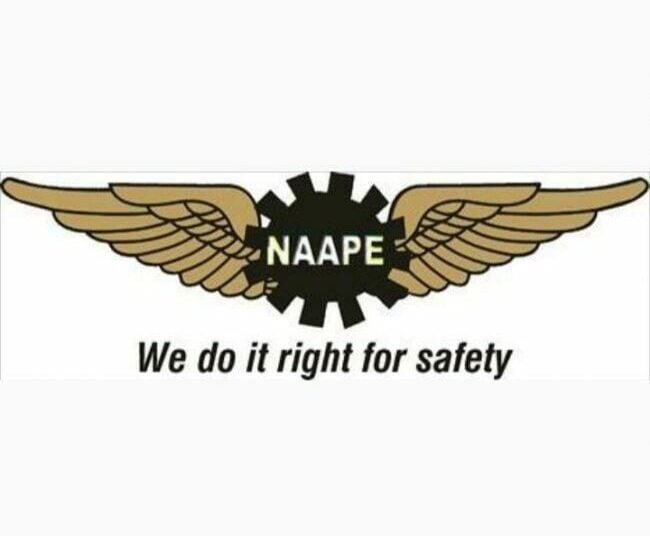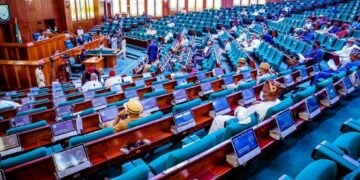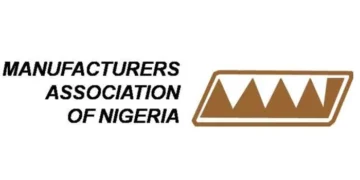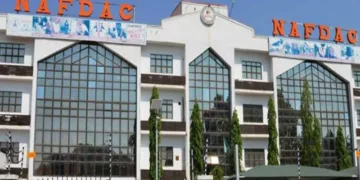The National Association of Aircraft Pilots and Engineers (NAAPE) raised the alarm on Thursday over airlines’ refusal to absorb and train young pilots, which deprives them of the experience they require.
The association also decried the abuse of expatriate quota by local airlines in the nation’s aviation sector.
This was disclosed by the NAAPE president, Galadima Abednego, in Lagos.
According to him, some airlines circumvent the law by bringing in foreign workers without proper documentation.
He said young Pilots and Engineers are becoming frustrated over most Nigerian airlines’ refusal to train and type-rate them.
“Expatriate quota is a law. Currently, the Minister of Interior is doing a great job on that. However, even at that point, employers try to circumvent some of these things. It’s not only in aviation. So, the minister of Interior, who authored the expatriate quota law should be the one to watch.”
The NAAPE president also emphasised the need for the government’s support and regulation to ensure the growth and development of the aviation industry in Nigeria.
“We need the government to pay attention to Nigeria to obtain these things here. So that if one needs to migrate, it will be a matter of choice, not a necessity.”
According to Abednego, not training young pilots also deprives them of the required experience.
“During the Nigeria Airways era, so much training was going on, which helped young people. Currently, however, airlines prefer to move from airline A to B. They are just migrating and recycling them,” he lamented.
Abednego said pilots and engineers, after paying heavily to train in school, those who can afford the fees are again forced to pay over N30 million to get type-rated, a training that is supposed to be done by airlines.
“Despite some of these lapses, some airlines, particularly in oil and gas, across, you see them bringing expatriates from Eastern Europe, which they consider is maybe cheaper because there will be ready hands. And like I said, fundamentally, because they don’t want to train, we face this issue of succession.
“So you find out that because the highly experienced ones are aging out, and then the young ones are struggling to get experience, it becomes a difficult situation. So sometimes you experience a huge gap. And that’s a huge challenge,” Abednego said.
Abednego also emphasised the need for Nigerian airlines to prioritise local talent and reduce reliance on foreign expatriates.
“We need a national carrier that will have capacity, because there are no investors who will come and begin to put in so much money. But a national carrier, I’m not saying wholly owned by government, but we need a carrier that will have such financial muscle that will drive this industry.”





